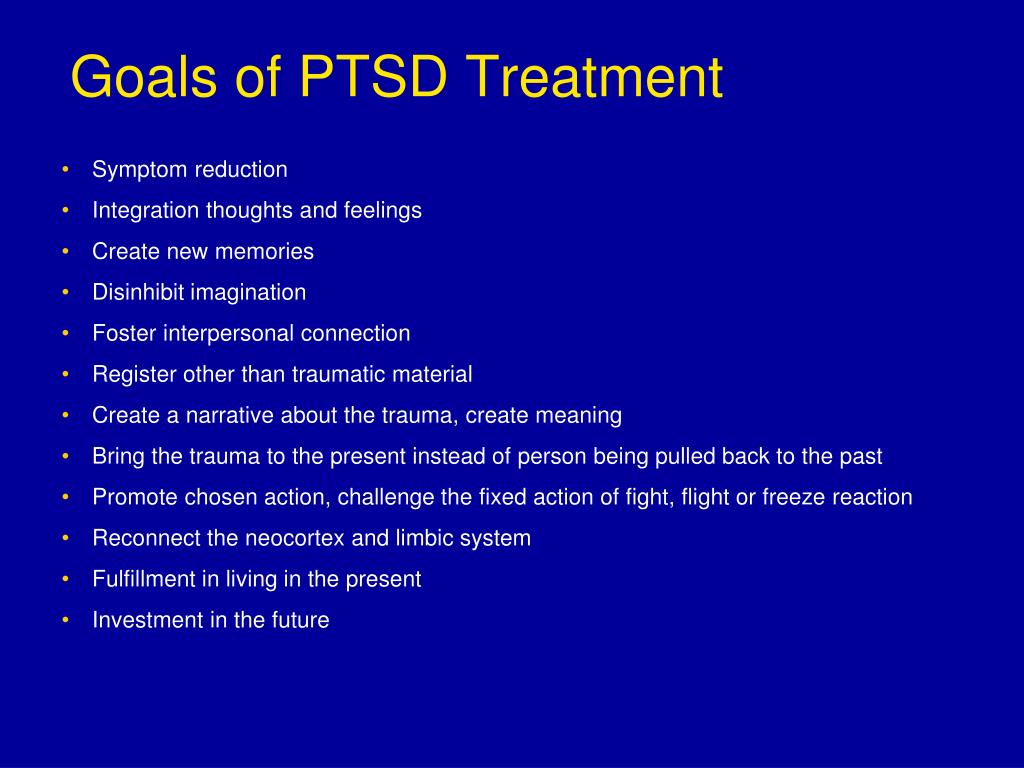Post-traumatic stress disorder (PTSD) is a complex mental health condition that can develop after experiencing or witnessing a terrifying event. While the memories of the trauma may linger, there is hope. Effective treatments are available to help individuals with PTSD manage their symptoms and reclaim their lives. Let’s explore some of the most successful therapy options and medications used in treating PTSD.
Understanding PTSD and Its Impact:
PTSD can manifest in various ways, including:
- Nightmares and flashbacks that relive the traumatic event
- Avoidance of situations that trigger memories of the trauma
- Hypervigilance and feeling constantly on edge
- Negative thoughts about oneself or the world
- Anxiety and depression
These symptoms can significantly impair daily life, making it difficult to work, maintain relationships, and enjoy activities.
Therapy Options for Healing:
Two primary evidence-based therapies are highly effective in treating PTSD:
- Cognitive Processing Therapy (CPT): This therapy helps individuals identify and challenge negative thoughts and beliefs related to the trauma. By reframing these thoughts, individuals can gain a sense of control and reduce emotional distress.
- Exposure Therapy: This therapy involves gradually confronting trauma-related memories in a safe and controlled environment. Through repeated exposure, the brain can learn to process the trauma without overwhelming emotions.

Other therapy approaches that may be helpful include:
- Eye Movement Desensitization and Reprocessing (EMDR): This therapy uses eye movements to help reprocess traumatic memories.
- Stress Management Techniques: Learning relaxation techniques like deep breathing and meditation can help manage anxiety associated with PTSD.
- Family Therapy: Including family members in therapy can provide support and improve communication.
The Role of Medication in PTSD Treatment:
While therapy is the cornerstone of PTSD treatment, medication can also play a supporting role. Here’s a breakdown of some commonly prescribed medications:
- Selective Serotonin Reuptake Inhibitors (SSRIs): These medications help regulate serotonin levels in the brain, which can improve mood and reduce anxiety symptoms.
- Serotonin-Norepinephrine Reuptake Inhibitors (SNRIs): These medications affect both serotonin and norepinephrine, offering benefits similar to SSRIs with additional effects on alertness and focus.
Finding the Right Treatment Combination:
The most effective treatment approach for PTSD is often individualized. A mental health professional will consider factors like the severity of symptoms, the nature of the trauma, and personal preferences when creating a treatment plan. This plan may involve a combination of therapy and medication.
The Road to Recovery:
Healing from PTSD takes time and commitment. However, with the right support and effective treatment, individuals with PTSD can learn to manage their symptoms and build a fulfilling life.
Remember, you are not alone. There is help available, and recovery is possible.



